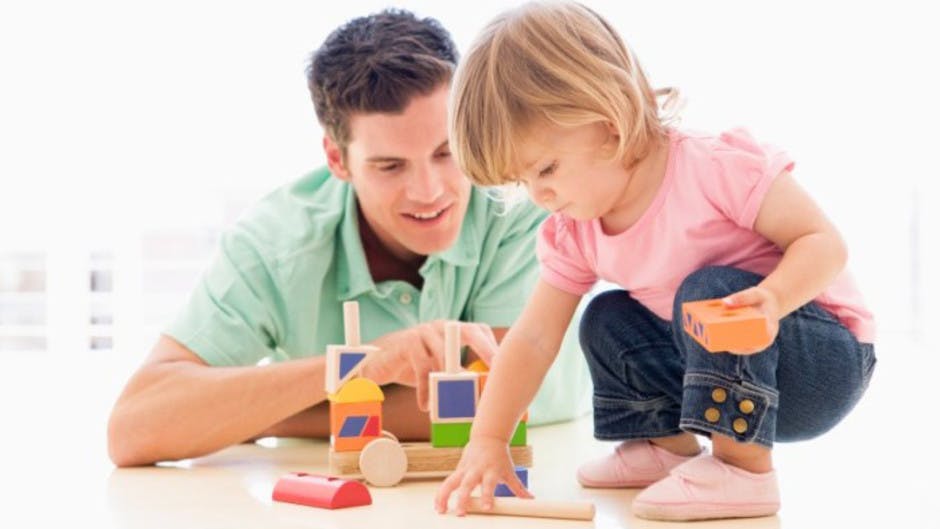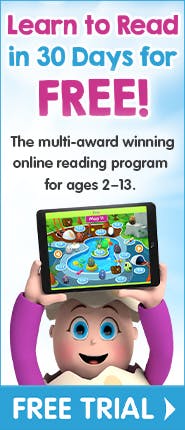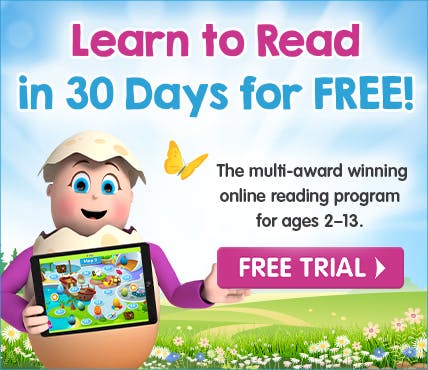


8 Simple Toddler Maths Activities that Boost Confidence

Helping your child develop essential maths skills should be fun! Explore hundreds of online maths activities for toddlers with ABC Mathseeds. Free trial
Parents usually spend a lot of time talking to their children about letters, sounds and words. This often comes naturally as we sit down to read a book together in the evenings or point out to words when we're out and about, such as on billboards and street signs.
But studies show that talking about numbers and using mathematical language with our toddlers is just as important. In fact, many studies suggest that it's a key predictor of a child succeeding in mathematics when they start school.
Often, parents pay less attention to “number talk” with their children than they do with early literacy concepts. Interestingly, mothers were found to speak to boys about number concepts twice as often as they did with girls.
To begin building key maths skills, parents are encouraged to talk to their toddlers about numbers from an early age, and on a regular basis. Activities are a wonderful way to incorporate number talk and help your child develop an awareness of mathematical language and concepts in a fun and exciting way!
Here are eight toddler maths activities to help you incorporate number talk into everyday activities and encourage your child to develop key maths skills.
Explore hundreds of toddler maths activities with ABC Mathseeds!
Created by experienced primary school teachers, the multi‑award winning maths program is designed to develop essential maths and problem‑solving skills in children ages 3–9. ABC Mathseeds has hundreds of toddler maths activities, self‑paced one‑on‑one lessons and fun games that present each new maths concept in a variety of different ways – your child won't even know they're learning! Plus enjoy full access to the multi‑award winning online reading program for young children, ABC Reading Eggs.
8 Easy Toddler Maths Activities
1. Count every day
You can easily turn counting into a fun everyday activity, wherever you go. Count how many birds you spot on an afternoon walk. Or how many red cars you see waiting at the traffic lights. How many chairs are in the doctor's waiting room, and how many magazines or books? Hold up your fingers when you count and say the numbers out loud. You can even keep a notebook and pen ready to keep a tally.
2. Have fun solving puzzles
Board games and puzzles are a fun and challenging way to introduce your toddler to mathematical language. Family board games like Chinese Checkers, Chutes and Ladders and Candy Land are all great ways to build your toddler's understanding of numbers. Every time you roll a dice, read the number out loud and count the squares as you move your playing piece across the board. Puzzles (e.g. wooden shape puzzles) can help toddlers build their shape recognition and understanding of spatial concepts. Encourage your toddler to name different shapes as they play, and tell you if a certain shape is “too big” or “too round” to fit.
3. Pretend play
There is a wealth of educational benefits derived from imaginative play. Your child may enjoy pretending to be a shop keeper, and ask you to purchase items from their “shop”. Or they may like to pretend to be a scientist or a wizard cooking up secret potions in their hidden laboratory. Wherever your child's imagination takes them, there is sure to be an opportunity to incorporate mathematical language. You can create or buy props for your child, such as play money for shop tills, plastic fruit for pretend groceries, or a simple measuring cup for mixing potions. If they invite you to take part, encourage them to tell you how many fruits they are selling, whether they can give you three of each vegetable, or how much more liquid should go into their secret potion.
4. Sort objects
Encourage your child to observe similarities and differences between objects to classify and sort them into categories. For example, if you're helping them to put their toys away, ask them to sort all their toys by categories such as “toy cars”, “stuffed animals” or “block shapes”. You can also do this while tidying. Ask your child to collect objects that need to be put away and sort them into categories (e.g. “paper” or “plastic”). Ask them how many objects they have collected for each group, or to point to a group with a certain number of items. This may even be a good opportunity to use spatial language, such as “put the red cars next to the blue cars”, or “put the small cup inside of the big cup”.
5. Make use of the ruler, measuring tape and measuring cup
Have fun with your child measuring objects around the house and reading out or recording measurements. A fun bath time activity involves collecting differently sized jars, cups and containers to teach your child about 'full' and 'empty', and compare capacities. Talk about what's happening as you play. For example, “My cup is full, no more water can fit in my cup”, or “Let's pour water from my small cup to your big cup and see if it becomes full”.
6. Point out numbers wherever you go
Point out numbers on street signs or number plates when you're sitting in traffic with your child. Point them out and ask them to identify the numbers, or read them out for them yourself. You can also ask your child to show the numbers with their fingers, and encourage them to do this in different ways. For example, showing the number five may involve holding up two fingers on one hand, and three on the other.
7. Be conscious of using ”number talk“ regularly
Try to solve problems using mathematics in front of your child to help them make connections between mathematics and everyday life. For example, when you're cooking read aloud each step and measure the quantities accordingly for your child to see. Use numbers when you refer to time, dates and temperatures. How many hours and minutes until dinner? How many weeks and days until school? Is the temperature going to be higher or lower this weekend?
8. Online learning resources
Online learning has become a big part of modern day education in the past decade, and technological devices can offer a fun, interactive and valuable early learning tool for toddlers. Many online mathematics resources are designed to be highly engaging and easy to use for preschool‑aged children, and introduce them to early learning concepts in a fun and play‑based way. ABC Mathseeds is designed to teach children aged 3–9 how to count, identify patterns and shapes, and understand basic problem solving concepts.
Explore hundreds of toddler maths activities with ABC Mathseeds!
Created by experienced primary school teachers, the multi‑award winning maths program is designed to develop essential maths and problem‑solving skills in children ages 3–9. ABC Mathseeds has hundreds of toddler maths activities, self‑paced one‑on‑one lessons and fun games that present each new maths concept in a variety of different ways – your child won't even know they're learning! Plus enjoy full access to the multi‑award winning online reading program for young children, ABC Reading Eggs.


